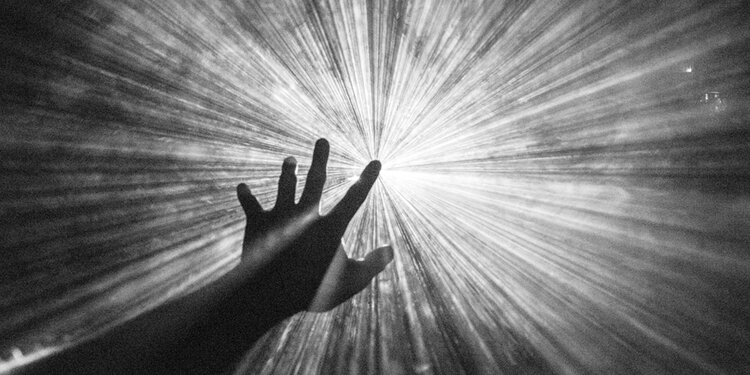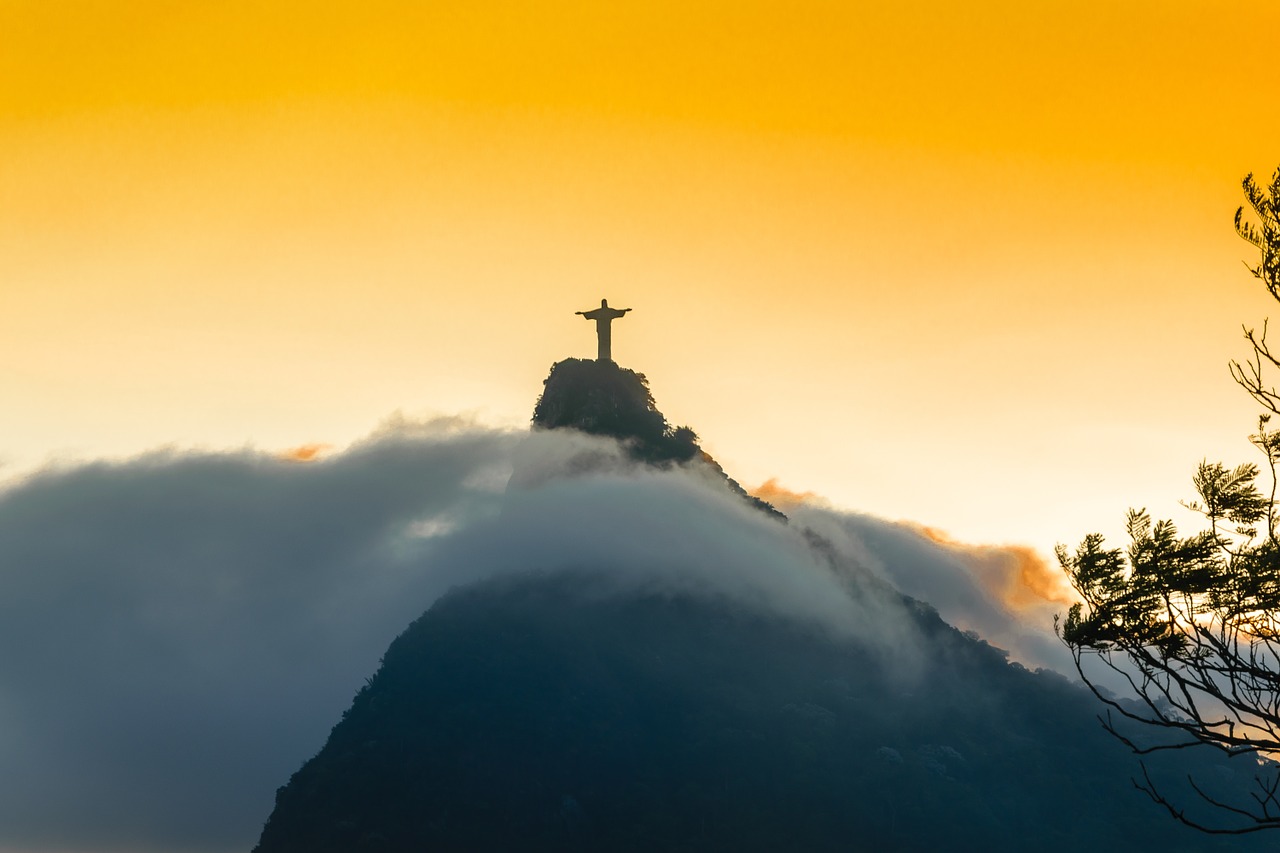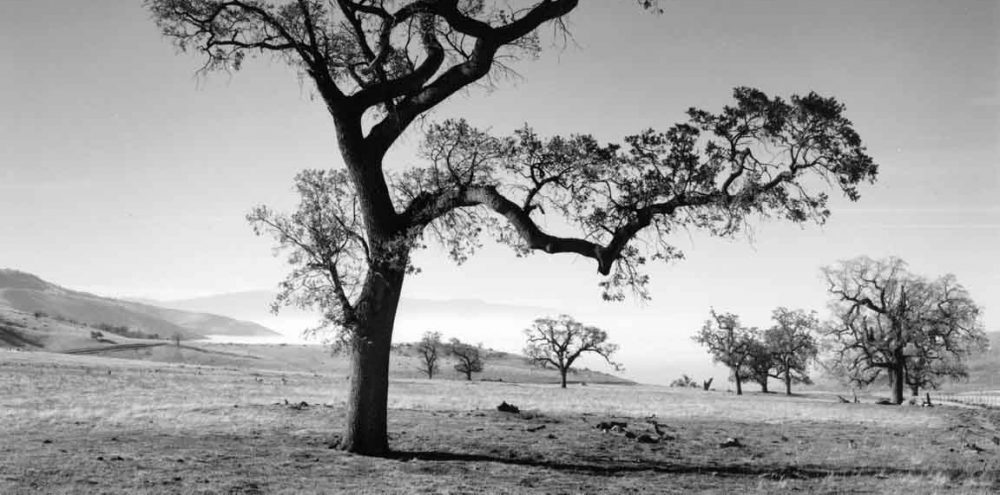Negotiating Gender in Contemporary Occultism [transcript]
Negotiating Gender in Contemporary Occultism Podcast with Manon Hedenborg White (10 December 2018). Interviewed by Sammy Bishop. Transcribed by Helen Bradstock. Audio and transcript available at: Hedenborg_White-_Negotiating_Gender_in_Contemporary_Occultism_1.1 Sammy Bishop (SB): Hello, I’m Sammy Bishop. I’m here at the EASR 2018 Conference in Bern. It’s a very sunny day today. And I am joined by Manon […]
Melodies of Change: Music and Progressive Judaism [transcript]
Melodies of Change: Music and Progressive Judaism Podcast with Ruth Illman (25 February 2019). Interviewed by Breann Fallon. Transcribed by Helen Bradstock. Audio and transcript available at: Illman_-_Melodies_of_Change_1.1 Breann Fallon (BF): Today I have with me Dr Ruth Illman. She is Docent (associate professor) of Comparative Religion at Åbo Akademi University. And she’s also Professor […]
Buddhism in the Critical Classroom [transcript]
Buddhism in the Critical Classroom Podcast with Matthew Hayes (13 May 2019). Interviewed by David G. Robertson. Transcribed by Helen Bradstock. Audio and transcript available at: Hayes_-_Buddhism_in_the_Critical_Classroom_1.1 David Robertson (DR): Well, I’m pleased to be speaking today to Matthew Hayes, who is a research student at UCLA – that’s the University of California and Los […]
Season 9: 2019-2020

September 23, 2019 Podcast Natural Selection In the Evolution of Religion In this week’s podcast, professor Armin Geertz outlines an answer elaborating on the arguments presented in his co-authored book The Emergence and Evolution of Religion by Means of Natural Selection. He argues that there are multilevel selection processes that happen within different sociocultural formations, […]
Natural Selection in the Evolution of Religion [transcript]
Natural Selection in the Evolution of Religion Podcast with Armin Geertz (23 September 2019). Interviewed by Sidney Castillo Transcribed by Helen Bradstock. Audio and transcript available at: Geertz_-_Natural_Selection_in_the_Evolution_of_Religion_1.1 Sidney Castillo (SC): Well, now we are back at the RSP. I’m now with Professor Armin Geertz. It’s now the fourth day of the EASR conference in […]
Doctors and Stigmatics in the 19th and 20th Centuries [transcript]
Doctors and Stigmatics in the 19th and 20th Centuries Podcast with Gábor Klaniczay (18 November 2019). Interviewed by Sidney Castillo Transcribed by Helen Bradstock. Audio and transcript available at: Doctors and Stigmatics in the 19th and 20th centuries Sidney Castillo (SC): Well, here we are again at the Religious Studies Project Podcast. It’s the fifth […]
Exploring African Shamanism and White Sangomas in South Africa [transcript]
Exploring African Shamanism and White Sangomas in South Africa Podcast with Ullrich Relebogilwe Kleinhempel (2 June 2020). Interviewed by Maxinne Connolly-Panagopoulos. Transcribed by Helen Bradstock. Audio and transcript available at: Maxinne Connolly-Panogopoulos (MC-P): Hello, Ullrich! And a very warm welcome to the Religious Studies Project. Today, we’re recording between Glasgow and the edge of the […]
The Science of Prayer: Genealogies and Biopolitics [transcript]
The Science of Prayer: Genealogies and Biopolitics Podcast with John Lardas Modern (22 June 2020). Interviewed by David McConeghy. Transcribed by Helen Bradstock. Audio and transcript available at: http://www.religiousstudiesproject.com/podcast/the-science-of-prayer-genealogies-and-biopolitics/ David McConeghy (DMcC): Welcome. My name is David McConeghy. And today I’m joined by Professor John Lardas Modern, who teaches at Franklin and Marshall College, and […]
On the study of NDEs

In this response, Gregory Shushan writes, “The notion expressed by both Prof. Cotter and Dr. Schlieter in their recent interview that near-death experiences (NDEs) have been discussed in academic contexts primarily from medical/materialist and “paranormal” approaches is somewhat overstated – particularly in the study of religions and related fields such as anthropology. Those who have undertaken and published research adopting a “critical religious studies approach, looking at these narratives in their social and historical contexts” will be surprised at the claim that such works are “largely absent”
Artificial Intelligence and Religion

Chris Cotter and Beth Singler discuss the intersections between religion and Artificial Intelligence from slavery and pain to machines taking over religious functions and practices.
Peter Mandaville

Dr. Peter Mandaville is Professor of International Affairs in the Schar School of Policy and Government at George Mason University. From 2015-2016 he served as Senior Adviser in the Secretary of State’s Office of Religion & Global Affairs at the U.S. Department of State where he led that office’s work on ISIS and sectarian conflict […]
The secularization of discourse in contemporary Latin American neoconservatism

In this week’s podcast, Professor Jerry Espinoza Rivera explains how Latin American conservatism became neoconservatism. Though Latin America is diverse, conservatism has been a widespread in the region shaping not only the political power plays of religious institutions but the people’s daily experience of the world. Recently, however, neoconservatism has managed to develop a language of its own that blends science and philosophy with historical analysis of the contemporary world political landscape to become an significant religio-cultural force.
Young People and Religion in a Global Perspective

Today, Chris is joined by Marcus Moberg and Sofia Sjö to discuss the fascinating “Young Adults and Religion in a Global Perspective” project, which has been addressing this dearth on a massive scale. In this interview, we discuss the logistics and some of the emerging findings of a project which has involved utilizing a number of innovative research methods – including the Faith Q-Sort
On the Global Guru Circuit: From India to the West and Back Again

As transnational gurus have increasingly mobilized globally in multidirectional patterns and occupy significant virtual spaces of connectivity, the ideal that religious traditions are dependent on geographical fixity has become increasingly destabilized.
Mother Earth, Sister Earth: A Response to the RSP Interview with Dr. Susannah Crockford

I have lived in the American Southwest much of my life, and so Dr. Crockford’s description of Sedona and its inhabitants was very familiar to me (although I have never visited that particular corner of Arizona). I was somewhat startled, though, by the idea of connecting the kind of hyperemotionalized and largely disembodied approach to spirituality and the environment that she found there to gendered discourses. On a personal level, as a former inhabitant of the region, I see much closer connections between the kind of American New Age spirituality she described and the transhumanist millenarianism that pervades much of the culture of Silicon Valley.
